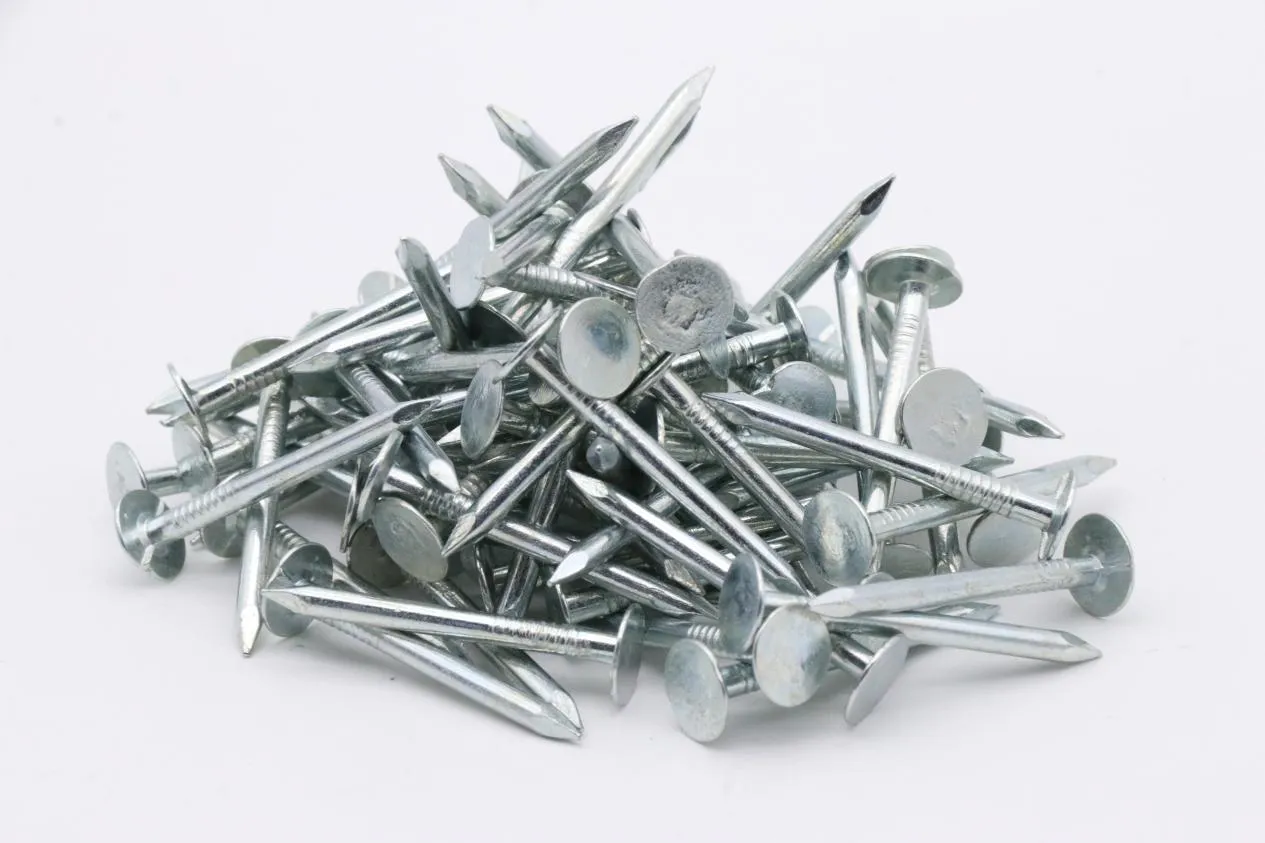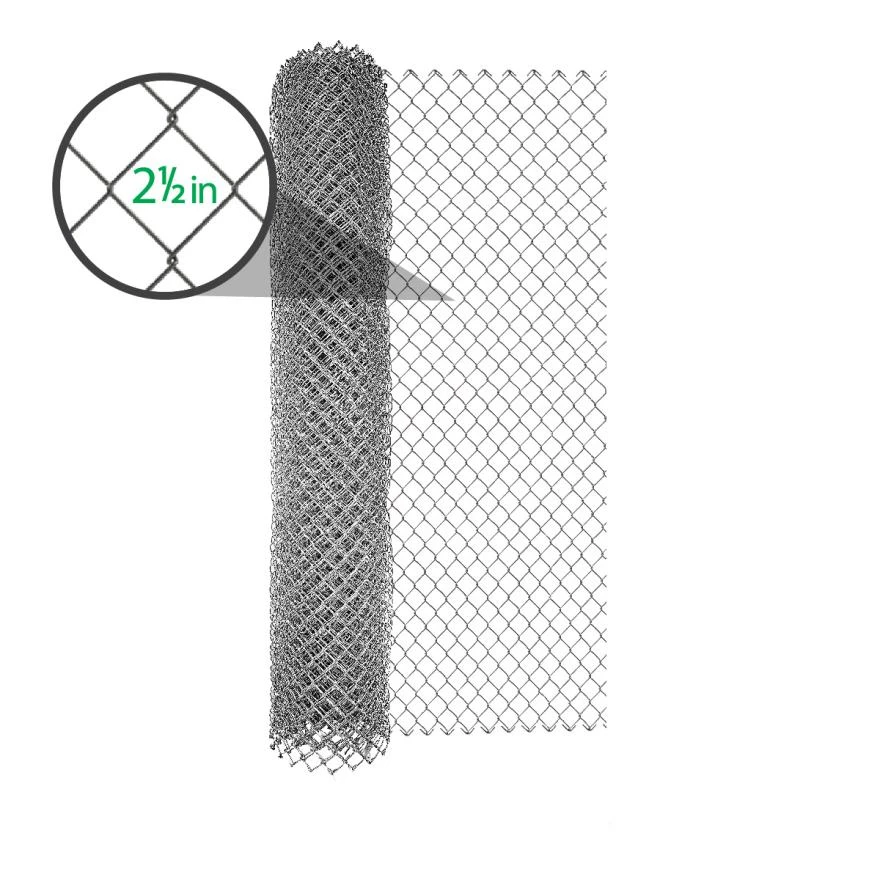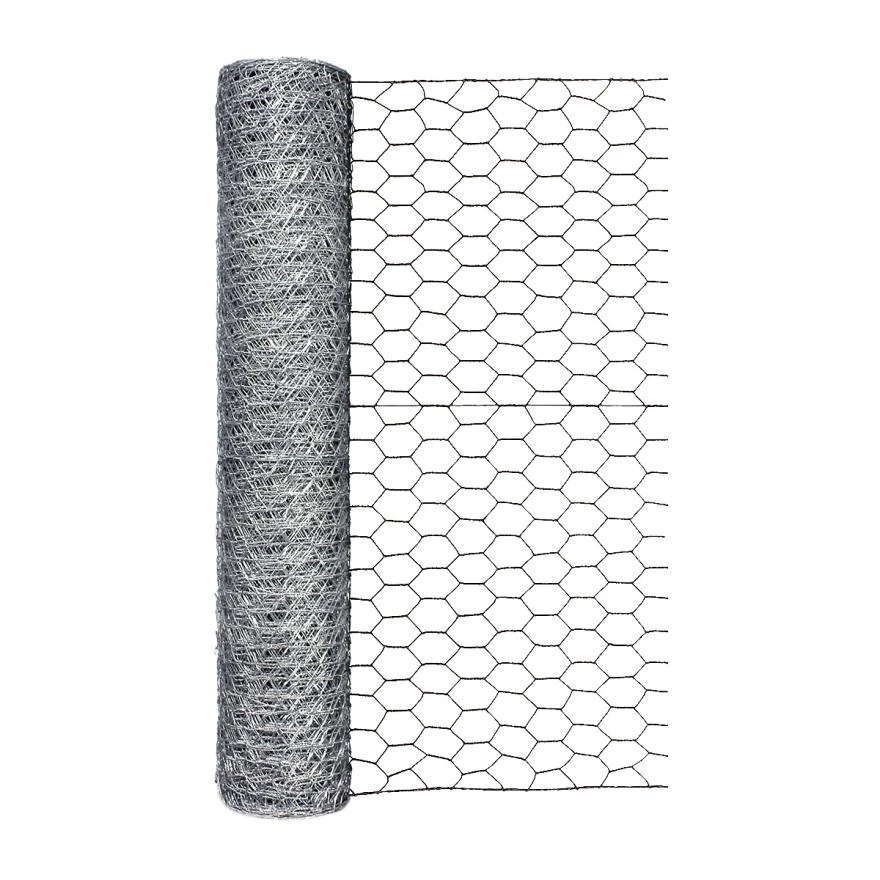Building Nails: Choosing the Right Fastener for the Job
May . 13, 2025 09:10
When it comes to construction, sometimes it’s the smallest parts that hold everything together—literally. Building nails are among the most essential fasteners in any construction or carpentry project. From framing homes to laying flooring or finishing trim, the right nail makes all the difference in strength, safety, and efficiency.
If you’re a contractor, builder, or supplier, understanding the various types of building nails and where to find cheap nail supplies bulk can improve both your cost-efficiency and the quality of your work.

What Are Building Nails?
Building nails are metal fasteners, usually made from steel, used to join materials together. They’re driven into wood, drywall, concrete, or other surfaces using a hammer or nail gun. Although screws and adhesives have gained popularity, nails remain the go-to choice for many structural applications due to their speed, shear strength, and load-bearing capacity.
Nails are categorized by:
Shape of the head and point
Shank type (smooth, ringed, twisted)
Length and gauge
Coating or finish (bright, galvanized, cement-coated, etc.)
The right choice depends on your material, project type, and environmental conditions.
Common Types of Building Nails
There’s no one-size-fits-all in construction. Different types of building nails are designed for specific tasks. Here are some of the most common:
1. Common Nails
Thick, strong nails used for framing and rough carpentry.
Ideal for structural wood connections.
Not ideal for exposed applications due to large, visible heads.
2. Box Nails
Similar to common nails but with thinner shanks.
Used for lighter framing or where splitting wood is a concern.
3. Finishing Nails
Small head that sits below the wood surface.
Perfect for trim, molding, and detailed interior work.
Can be countersunk and filled for a clean finish.
4. Brad Nails
Even smaller than finishing nails.
Used for delicate trim and small projects like picture frames.
5. Duplex or Double-Headed Nails
Used in temporary construction like formwork or scaffolding.
Second head allows for easy removal later.
6. Roofing Nails
Short nails with wide heads to hold down shingles and roofing felt.
Often galvanized to resist rust.
7. Masonry Nails
Hardened and grooved to penetrate concrete or brick.
Require special tools and safety gear.
8. Ring Shank or Spiral Nails
Twisted or grooved shanks provide extra holding power.
Common in decking, flooring, and subfloor installation.
Understanding the various types of building nails ensures proper fastening, fewer callbacks, and longer-lasting construction.
Nail Materials and Finishes
Choosing the right material and finish affects corrosion resistance, holding power, and appearance.
Bright steel: Basic, for indoor use only.
Galvanized: Zinc-coated for rust resistance in outdoor settings.
Stainless steel: High corrosion resistance, ideal for coastal or wet environments.
Aluminum or copper: Used in specialty projects for conductivity or aesthetic match.
If your nails will be exposed to moisture, pressure-treated wood, or chemicals, it’s critical to choose a corrosion-resistant option.
Sourcing Cheap Nail Supplies Bulk
For contractors, wholesalers, and hardware retailers, buying cheap nail supplies bulk is key to managing material costs. Thankfully, nails are among the easiest materials to buy in volume—making bulk ordering a smart move for most professionals.
When ordering bulk, look for:
Clear sizing and type labeling
Packaging options (boxes, buckets, or tubs)
Proof of quality (e.g., ASTM standards, ISO certification)
Competitive freight rates or free shipping on volume orders
Buying cheap nail supplies bulk can lower per-unit costs significantly, especially for fast-moving items like common or finishing nails.
Storage and Safety Tips
Even with bulk quantities, proper storage ensures your nails stay in top condition:
Keep dry: Moisture can rust or corrode nails, especially if they’re not galvanized.
Label inventory clearly: Know what types and sizes you have at a glance.
Use sealed containers for storage on jobsites.
Dispose of bent nails properly to avoid injury or product mix-ups.
For safety on the job:
Always wear eye protection when hammering.
Use magnetic nail holders or nail guns with guards.
Train workers to identify the correct nail type for each job.
Building Nail FAQs
Q1: What’s the difference between a common nail and a box nail?
A: Common nails are thicker and stronger, best for structural framing. Box nails have thinner shanks, which reduce wood splitting in lighter applications.
Q2: Can I use indoor nails outside?
A: No. Use galvanized or stainless steel nails outdoors to avoid rust and corrosion.
Q3: What type of nail is best for subflooring?
A: Ring shank nails provide superior holding power and prevent squeaks.
Q4: How are nails sold in bulk?
A: Nails are typically packaged by weight (e.g., 5kg box, 50lb box) or count (e.g., 5,000 pieces per carton) when buying in bulk.
Q5: Are there eco-friendly building nails?
A: Yes. Some manufacturers offer nails made with recycled steel or coated with non-toxic finishes.
From major framing jobs to delicate trim work, building nails are a vital part of construction at every scale. Understanding the types of building nails and sourcing cheap nail supplies bulk can help contractors, retailers, and suppliers keep projects running efficiently without sacrificing quality.









 Unity
Unity Creation
Creation Challenge
Challenge Contribution
Contribution










